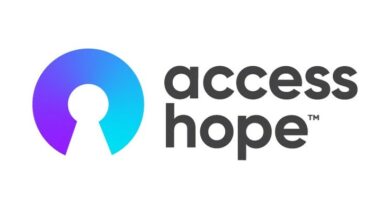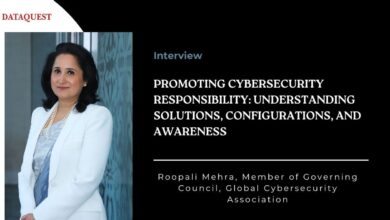Cybersecurity for Underserved Communities | NICCS

With over 448,000 open cybersecurity positions across the United States, now more than ever we need qualified, determined individuals to enter the cybersecurity workforce. CISA awards cooperative agreements to non-profit organizations to help bring cybersecurity education, training, and career programs to underserved communities and diverse populations with limited resources.
Executive Order 14035 states that ‘‘underserved communities’’ refers to those sharing a particular characteristic [or] geographic communities who have been systematically denied a full opportunity to participate in aspects of economic, social, and civic life. In the Federal workforce, this includes individuals who belong to communities of color [as well as those] that face discrimination based on sex, sexual orientation, and gender identity; pregnancy or pregnancy-related conditions; parents; and caregivers.
Learn more about these non-profits’ efforts below, and for more information about cybersecurity career opportunities and workforce development initiatives at CISA, please visit cisa.gov/careers.
CyberWarrior
This non-profit organization delivers hands-on, lab-driven, technical training in cybersecurity methods and procedures to people of all backgrounds regardless of economic status via its CyberWarrior Academy. They also offer bootcamps, online learning platforms, and youth summer camps for kids in underserved communities. For more information about how this organization helps create and upskill cybersecurity talent, visit cyberwarrior.com or email info@cybersecurity.com.
NPower
This national non-profit is committed to advancing race and gender equity in the tech industry. NPower provides military veterans and young adults from underserved communities training and quality job placement for careers in technology and cybersecurity. Learn more about the various opportunities NPower offers at npower.org or email info@npower.org.
South Memphis Renewal Community Development Corporation (SMRCDC)
The SMRCDC is a nonprofit organization with over 20 years of experience working to support and provide educational, training, and career development opportunities to underserved communities in South Memphis, TN. SMRCDC’s YouthBuild apprenticeship program provides job training and educational options for at-risk youth ages 16-24 who previously dropped out of high school. Learn more about their IT certification programs, community enhancement projects, and additional outreach efforts at southmemphisrenewal.org.
Per Scholas
Per Scholas aims to foster a diverse technology-related workforce by providing skills training and access to employer networks to individuals that are often excluded from these career opportunities in the Chicago, New York City, St. Louis, and Newark, NJ areas. Their mission is to advance economic equity through rigorous training for tech careers and to connect skilled talent to leading business. Visit perscholas.org for more information about their programs for prospective learners, enterprise solutions, and diversity.
CYBER.ORG
Through the Cybersecurity Education and Training Assistance Program (CETAP), CISA awarded CYBER.ORG funds to equip K-12 teachers across the country with cybersecurity educational curricula and lesson plans, professional development trainings, and classroom technology. CYBER.ORG also partners with public and private sector organizations to provide cybersecurity education and training opportunities to K-12 students through Project REACH and Project Access.
- Project REACH
Project Realizing Equitable Access to Cybersecurity in High School (REACH) is a feeder program that connects K-12 schools to Historically Black Colleges and Universities’ (HBCU) cybersecurity and computer science programs to help close the diversity gap in cybersecurity. To learn more about Project REACH, including information on joining the K-12 team, becoming an Outreach Provider and joining as an HBCU, visit cyber.org/projectreach. - Project Access
Funded through CISA, Project Access aims to support local and state agencies by offering cyber education opportunities for blind and visually impaired students through immersive experiences that are fully compatible with assistive technology such as screen readers or magnification software. This helps give blind and visually impaired students the confidence and knowledge necessary to pursue higher education and technology careers. Learn more: cyber.org/project-access.



